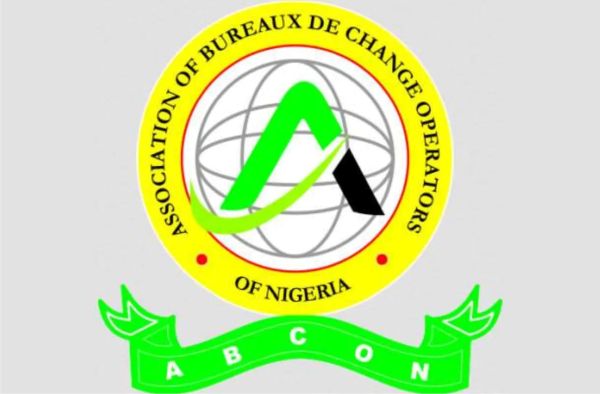Recapitalisation Crunch: ABCON Seeks Lifeline as Less Than 10% of BDCs Meet New CBN Deadline

With the extended recapitalisation deadline for Bureau De Change (BDC) operators set to lapse today, the Association of Bureau De Change Operators of Nigeria (ABCON) has raised the red flag once more — appealing to the Central Bank of Nigeria (CBN) for additional breathing room and a reconsideration of stringent licensing thresholds.
Speaking in Lagos, ABCON President Dr. Aminu Gwadabe painted a grim picture of the sector’s struggle to adapt to CBN’s new regulatory architecture. The forex industry veteran warned that over three million jobs and livelihoods — both direct and indirect — are on the line as the compliance rate for the new capital benchmarks remains below 10%.
The Regulatory Shift: CBN’s New Tier-Based Framework
In May 2024, the CBN released revised Operational Guidelines for BDCs, which took effect on June 3, 2024. Under the new regime:
- Tier 1 BDCs are required to have a minimum capital base of ₦2 billion, with a non-refundable license fee of ₦5 million.
- Tier 2 BDCs must have ₦500 million in capital and pay a ₦2 million license fee.
All existing operators were mandated to reapply for licenses under either tier, with an initial six-month grace period. Following industry feedback, the apex bank granted a further six-month extension, set to expire June 3, 2025.
Industry Impact: A Strained Ecosystem
According to Gwadabe, the recapitalisation requirements — while aligned with global regulatory trends — risk collapsing a vast segment of Nigeria’s retail forex market.
“We understand the need for regulation. But the magnitude of this reform, in this economic environment, is proving too steep for the majority of operators. We’re appealing for a strategic rethink,” he said.
He warned that unless the CBN adopts a more phased or modular approach, the likely fallout will be mass closures of small and mid-tier BDCs, with ripple effects across informal FX markets, employment, and remittance flows.
A Call for Stakeholder Engagement, Not Sector Shock
ABCON is urging the CBN to extend the recapitalisation deadline further, while initiating broader stakeholder engagement to ease tensions and craft viable pathways for compliance.
“This is not just a regulatory exercise; it’s a national economic issue. The BDC sub-sector plays a stabilising role in FX retail access. Any abrupt disruption will reverberate through the larger currency ecosystem,” Gwadabe said.
He also called for acceleration of licensing processes for operators who have already met the requirements, arguing that delays are stifling investor confidence and strategic planning.
Consolidation on the Horizon: ABCON’s Strategic Playbook
Amid regulatory headwinds, ABCON is not standing still. Gwadabe disclosed that the association is actively pursuing strategic responses to cushion the impact of the recapitalisation wave, including:
- Facilitating mergers and acquisitions among members to meet capital requirements collectively.
- Creating public limited liability companies (PLCs) across geographical clusters to absorb members who cannot meet the requirements solo.
- Seeking a “No Objection” clearance from the CBN to operationalise these consolidation structures — although so far, the CBN’s response remains non-committal.
“We’re encouraging BDCs to band together — in groups of five, 10, 20 — and float new entities with stronger capital muscle and compliance frameworks,” Gwadabe explained.
BRANDECONOMY INSIGHT: Between Stability and Survival
The recapitalisation policy is undoubtedly aimed at sanitising Nigeria’s BDC space — long accused of opacity, regulatory arbitrage, and price speculation. But the challenge lies in balancing sectoral discipline with socio-economic inclusion.
With the CBN already under pressure to deepen FX supply and mop up parallel market volatility, a sudden wipeout of over 90% of BDCs could weaken the very distribution architecture needed to support formal FX channels.
The big question for the apex bank: Can its regulatory goals be achieved without triggering systemic dislocation in a country where informal forex flows still underpin millions of household and SME transactions?











